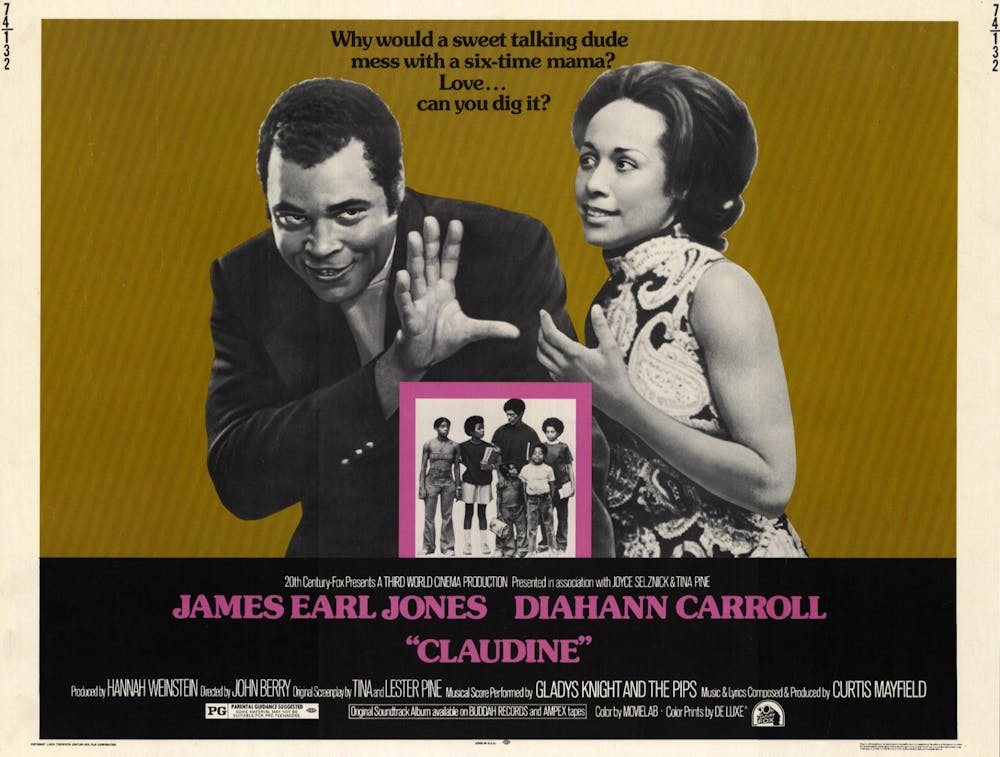IU Cinema presented two films curated by the Black Film Archive creator Maya Cade on Sept. 1. These films are part of Cade’s complete series which will include various films exploring the theme: “Home Is Where the Heart Is: Black Cinemas Exploration of Home.” Running until Oct. 1, film topics explore various ideas of “home,” and how those relate to the African diaspora.
Thursday night’s showings included “Claudine” and “Your Children Come Back to You.” “Your Children Come Back to You” is a 1979 short film about a Black girl contemplating her racial origins as she struggles to find a place to call home in American society. The audience follows her as new revelations shake the relationships in her life and change her understanding about her ancestor’s past.
Despite being the shorter film of the two, I enjoyed the racial queries proposed about Black people’s identities after colonization. The filmmaker's choice of showing their loss of identity through a child’s eyes mirrors the rehabilitation of thoughts pertaining to “homeland” and “family.”
“Claudine” follows a Black woman in the 1970s of the same name who decides to start dating again. The audience then follows the highs and lows of her new relationship. Initially, Claudine believes her home is with her six children, but upon opening up her home and heart to new love, she comes to terms with this change as her children get older.
I believe the film depicted the prevalent struggles of Black Americans resulting from environmental and financial racism at the time. And, unlike other films of the decade, it went out of its way to show how the government gave more grief than relief to these marginalized communities.
On Sept. 8, IU Cinema will show “A Different Image” and “Alm’s Rainbow.” On Sept. 22, “Dreaming Rivers” and “Black Mother” will be presented. “African Women, USA” and “My Brother’s Wedding” will premiere on Sept. 30 with a special guest appearance by Cade herself. Finally, on Oct. 1, Cade will present the final films of the series, “Behind Every Good Man” and “Pariah.”




